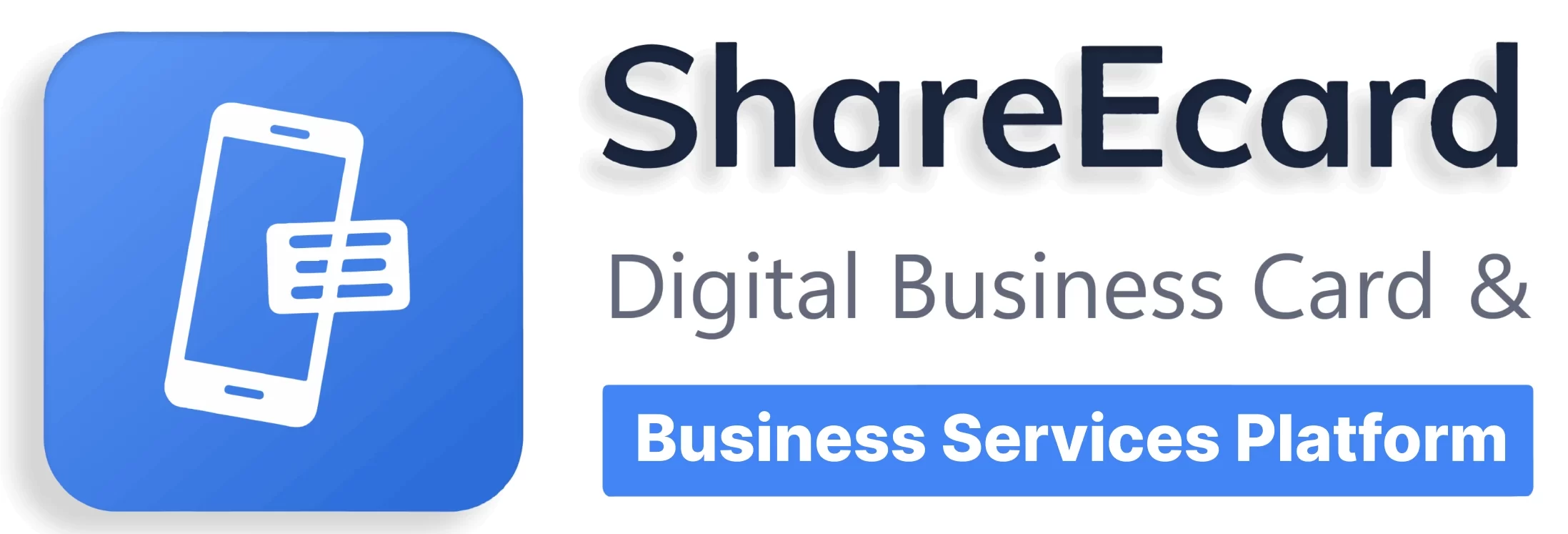The conventional approach to handling contracts through manual paperwork has been a longstanding business practice. However, adopting software solutions for creating, negotiating, and managing contracts can significantly enhance operational efficiency and streamline processes.
Effective contract management is crucial for businesses of all sizes. Each step of the contract lifecycle is time-intensive, and utilizing contract management software can expedite these processes, leading to quicker turnaround times and decreased financial and audit risks.
By employing contract management software, companies can facilitate collaboration among team members located in various locations. These software solutions are designed for user-friendliness, yet selecting the most suitable one can be challenging.
Different software offerings come with varying functionalities and features. Integrating them seamlessly into your existing workflow also presents challenges. However, there’s no need for concern. We are here to provide comprehensive insights into the top-tier Contract Management Software options.
Best Contract Management Software For Small Business
Here are the best contract Management Software For Small Business.
1. PandaDoc
PandaDoc is a user-friendly document and contract management software designed to automate and streamline contract management. This versatile tool empowers users to personalize, negotiate, and electronically sign intricate contracts.
With various integrations and contract templates, PandaDoc safeguards against expensive mistakes and client dissatisfaction. Its multifunctional nature proves indispensable for maintaining a seamless contract workflow.
Recognizing the need for varied access levels among employees, PandaDoc allows users to tailor these permissions to specific needs. The software intends to enhance time management and alleviate pressure by offering pre-approved clauses and customization options for new contracts.
Complementing its capabilities, the software boasts a comprehensive template library and its implementation has led to a noteworthy 65% reduction in document creation time for its users.
Pros:
- Round-the-clock customer support provides uninterrupted assistance.
- A 14-day trial period offers substantial convenience for users.
- Users benefit from the freedom of creating an unlimited number of documents.
Cons:
- Free plans come with limited integration options.
- Enhanced features can incur high costs.
- The Content Library feature is exclusively available in business plans.
2. DocuSign
DocuSign offers an ideal contract management solution for businesses seeking an affordable way to handle e-signatures and embrace a comprehensive Contract Lifecycle Management (CLM) system. This software is an indispensable tool with a primary focus on supporting every facet of contract lifecycle management.
It has significantly risen for its ability to cater to non-technical stakeholders, effectively standardizing the entire CLM system. As a result, individuals across the spectrum can utilize this software to manage their contracts adeptly.
Beyond its core functionalities, the platform is bolstered by AI integration, allowing for seamless management of third-party contracts. This feature ensures that edits and revisions are executed effortlessly. These tools work in tandem to mitigate risks and institute uniform negotiation and workflow management practices for these critical documents.
Pros:
- A credit card-free free trial period offers an accessible introduction.
- Round-the-clock customer support ensures assistance when needed.
- Workflow configurations are notably smooth and efficient.
Cons:
- Setting up workflows can occasionally prove complex.
- Challenges in document syncing have been reported on occasion.
3. Concord
Concord is a well-regarded contract management solution, streamlining the complexities of compliance and negotiation processes. It boasts pre-approved templates, facilitating swift contract creation while maintaining version control to ensure document accuracy.
With Concord, users can track modifications and discuss with stakeholders within the platform. Furthermore, contract status tracking expedites the procurement cycle.
Enhancing sales cycles, the platform offers online negotiation and redlining features, enabling convenient document edits. Moreover, Concord integrates seamlessly with sales force systems, automating post-signature execution within CRMs.
Beyond its core features, Concord empowers users to generate real-time custom reports and extract data from existing contracts. The built-in e-signature solution reduces the timeline of the end-to-end Contract Lifecycle Management (CLM) process, eliminating the need for on-premise agreement signing.
Pros:
- Enjoy unlimited contracts and e-signatures.
- All plans offer bulk uploading capabilities.
- A credit card-free 14-day trial period facilitates exploration.
Cons:
- Integrating contracts from external sources might prove challenging.
4. ContractWorks
ContractWorks leverages AI-powered technology to automate operations, streamlining processes and yielding substantial time savings. Its focus on risk reduction and cost efficiency enhances overall effectiveness.
Centralizing document storage in one location while granting multiple access points mitigates bottlenecks and confusion. Additionally, ContractWorks empowers users to create comprehensive reports and exercises complete control over them.
With an intuitive interface, files can be seamlessly dragged and dropped into a centralized, easily searchable contract repository. This approach ensures security while offering controlled access through permission-based user roles.
ContractWorks enables users to highlight specific contract sections or promote shared focal points for new contracts or renewals, facilitating universal understanding.
Pros:
- Access to 24/7 support.
- Plans accommodate unlimited users.
Cons:
- Limited integration options.
- Lack of a mobile app.
5. Agiloft
Having been introduced in 1991, Agiloft is one of the earliest contract management solutions in the market, offering users comprehensive access to advanced functionalities. Its enterprise-grade and customizable features make it an excellent choice for those in the customization industry.
Through intuitive code-free configurations, Agiloft empowers users to effortlessly orchestrate personalized workflows, routing processes, reports, and tailored dashboards to monitor essential Key Performance Indicators (KPIs) and receive timely alerts. Seamlessly integrating with Google and Microsoft, the software facilitates efficient document uploads via tools already integral to your business operations.
Agiloft maintains an audit trail for each document, safeguarding your data within secure storage centers. Moreover, it facilitates compliance with stringent regulations, including Sarbanes-Oxley, GDPR, and HIPAA.
Regarding pricing, Agiloft adopts a personalized approach, offering flexibility through monthly, quarterly, or annual payment options. Pricing structures are based on the number of users, commencing at $65 per monthly user.
Pros:
- Provides users with an unconditional guarantee.
- Boasts a 99.99% uptime service level.
- Facilitates a free trial period.
Cons:
- Lacks an internal chat feature.
- The abundance of customization options can sometimes confuse.
Conclusion
In the realm of contract management software, the needs of small businesses are met by an array of robust solutions that excel in various aspects. The reviewed platforms, including PandaDoc, DocuSign, Concord, and ContractWorks, bring unique strengths.
In conclusion, small businesses’ best contract management software considers their unique needs, combining automation, customization, security, and ease of use. These platforms offer diverse features, catering to various business requirements and underscoring the importance of efficient contract management in the growth and success of small enterprises.




